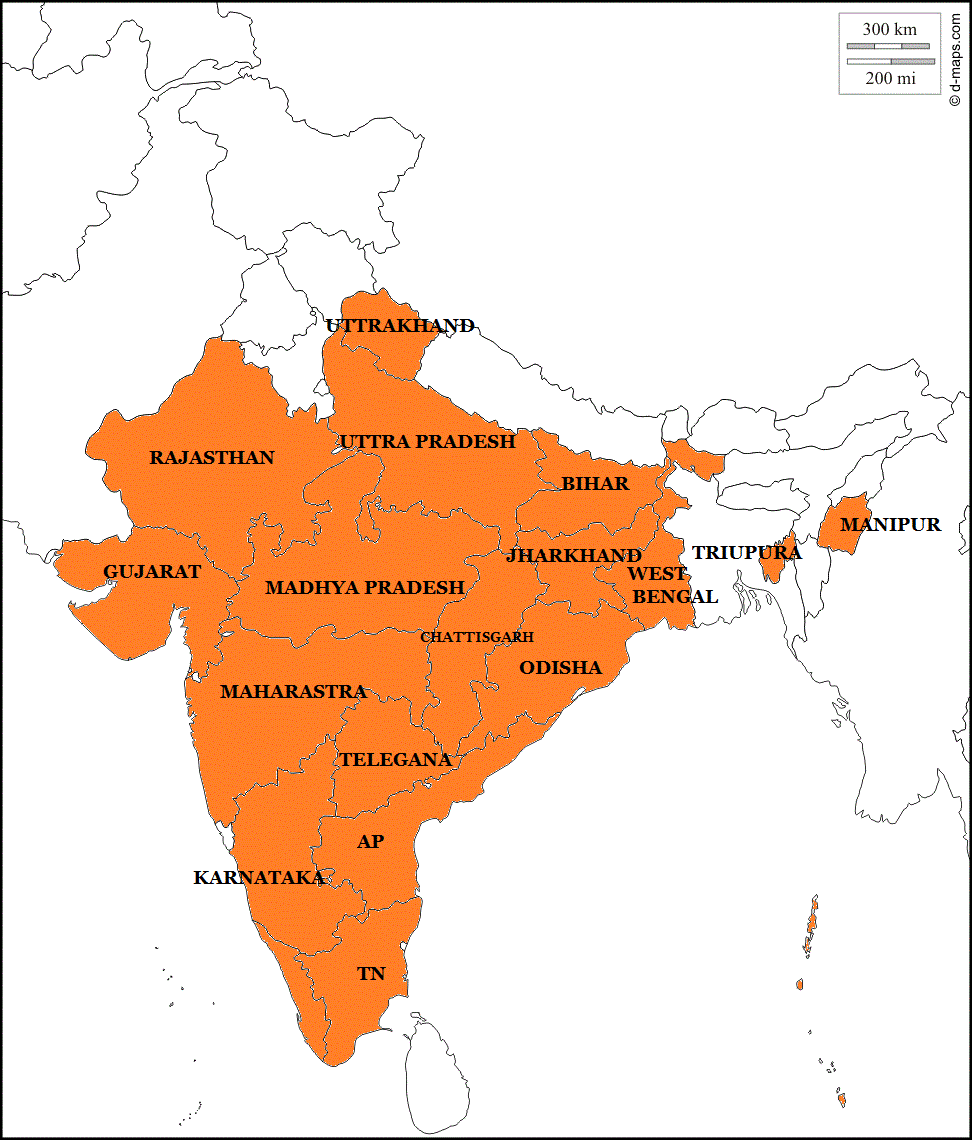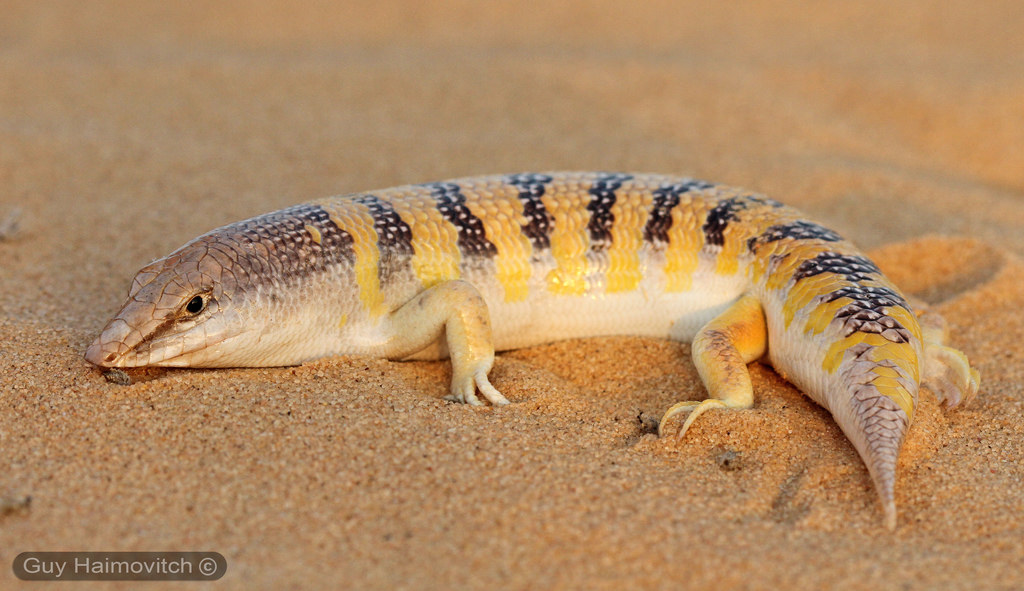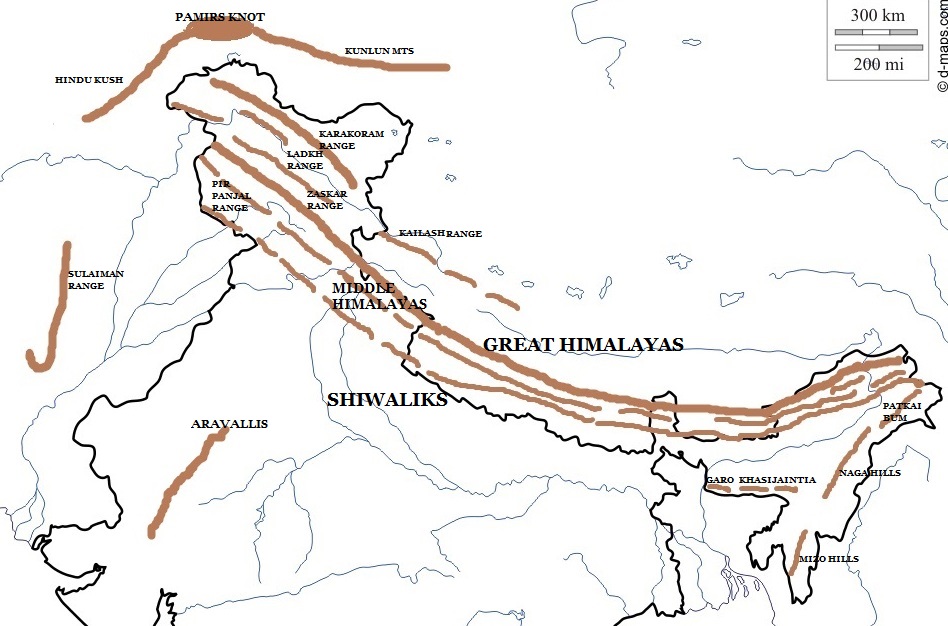Particularly Vulnerable Tribal groups (PVTG)
- PVTGs are less developed groups with in Tribal groups who need special and focused attention.
- There are 75 Particularly Vulnerable Tribal Groups (PVTGs) notified as on date in the country.
- The criteria followed for determination of PVTGs are as under:
- A pre-agriculture level of technology
- A stagnant or declining population
- Extremely low literacy
- A subsistence level of economy
- The Ministry of Tribal Affairs is implementing a scheme namely “Development of PVTGs”.
- The scheme covers the 75 identified PVTGs among Scheduled Tribes in 18 States/ UT of Andaman & Nicobar Islands.

- It is a flexible scheme and covers funding for activities like housing, land distribution, land development, agricultural development, animal husbandry,
- It also covers construction of link roads, installation of non-conventional sources of energy for lighting purpose, social security activity meant for the comprehensive socio-economic development of PVTGs.
National Culture Fund scheme (NCFS)
- National Culture Fund (NCF) set up as a Trust under the Charitable Endowment Act, 1890 on 1996 by the Government.
- The Fund aims at inviting the participation of the corporate sector, non-government organizations, private/public sector as well as individuals in the task of promoting, protecting and preserving India’s cultural heritage.
- It enables institutions and individuals to support arts and culture directly as partners with its government.
- It is managed and administered by a council headed by Culture Minister to decide the policies and an Executive Committee headed by Secretary, Culture to actualize those policies.
- The projects under NCF cover both tangible and non tangible heritages.
- Some of the successfully completed projects are Humayun Tomb, Shaniwarwada in Pune.
Sahara Desert
- According to a study published in Journals of climate, the Sahara Desert has expanded by about 10 per cent since 1920.
- Desert is defined by low average annual rainfall — usually 100 millimeters of rain per year or less.
- The most notable expansion of the Sahara occurred in summer, resulting in a nearly 16 per cent increase in the desert’s average area.
- Lake Chad, in the Sahel region, serves as a useful indicator of changing conditions along the border of the Sahara.
- The study also examined conditions in the Sahel region, the transitional zone connecting the southern Sahara to the Sudanian Savanna.
- The results suggest that human-caused climate change, as well as natural climate cycles, caused the desert’s expansion.
- The geographic pattern of expansion varied from season to season, with the largest differences along the Sahara’s northern and southern boundaries.
- The Sahara is the world’s largest warm-weather desert.
- The desert covers large sections of Algeria, Chad, Egypt, Libya, Mali, Mauritania, Morocco, Niger, Western Sahara, Sudan and Tunisia.
Small Industries Development Bank of India (SIDBI)
- SIDBI celebrated its foundation day today as day of Sampark (connect), Sanwad (interaction), Suraksha (security) and Sampreshan (disseminate) recently.
- SIDBI was set up on 1990 under an Act of Indian Parliament,.
- It acts as the Principal Financial Institution for Promotion, Financing and Development of the MSME sector as well as for co-ordination of functions of institutions engaged in similar activities.
- SIDBI launched Samridhhi- the virtual assistant on banks revamped universal loan portal (www.udyamimitra.in) which will answer standard queries of aspirants 24*7.
- A ‘Bankability Kit’ (brought in partnership with Bank of Baroda and IDBI Bank) was launched.
- It is a step to look beyond financial literacy and be a trusted guide for aspirants and existing entrepreneurs to know entrepreneurial self, know banker & know banking.
- Other Initiatives of SIDBI includes MSME Pulse-health tracker of MSME, CRISIDEX-to gauge the MSME aspirations and SMILE LOANS.
Bioluminscence
- In 2016, blue waves were spotted in the Juhu beach, Mumbai.
- Though popularly called blue waves, the rare natural phenomena are referred to as bio-luminescence.
- Bioluminescence is the emission of light by an organism or by a laboratory biochemical system derived from an organism.
- It results from a chemical reaction in which the conversion of chemical energy to radiant energy is direct and virtually 100 percent efficient.
- The biological light, or bioluminescence, in the waves is the product of marine microbes called phytoplankton.
- The presence of phytoplankton known as dinoflagellates in the water is the most common reason for marine bioluminescence.
- Dinoflagellates have a tail-like structure called flagella that produces light when disturbed, stressed or in high-pollution levels.
Sand Fish
- The sand fish is a small, robust lizard that prefers to stay under the sand rather than above it.
- The name sandfish originated because of its ability to move through sand as if it were swimming.
- A streamlined body and paddle like feet enable it to move through the sand as easily as a fish moves through water.

- The species is generally found in the North African desert and also in Arabian Desert.
- A species of sand fish is found in Rajasthan.
- The sandfish is an insectivore that can detect vibrations the insects in its vicinity create while moving.
Map of the day
India Physical

- Trans Himalayas lies to the north of Great Himalayas and are also called as Tibetan Himalayas.
- Trans Himalayas includes Karakoram, Zaskar, Kailash and Ladakh ranges.
- The Himalayan range includes
- Greater Himalaya or Himadri
- Lesser or Middle or Himachal Himalaya
- Shiwaliks or Outer Himalaya
- Purvanchal (Purva – East; Chal- Mountains) includes Naga Hills, Patkai Bum, Mizo or Lushai Hills and Manipur Hills.
- Garo, Khasi and Janitia hills are part of Shillong Plateau.
Source: PIB, The Hindu, Business Standard


